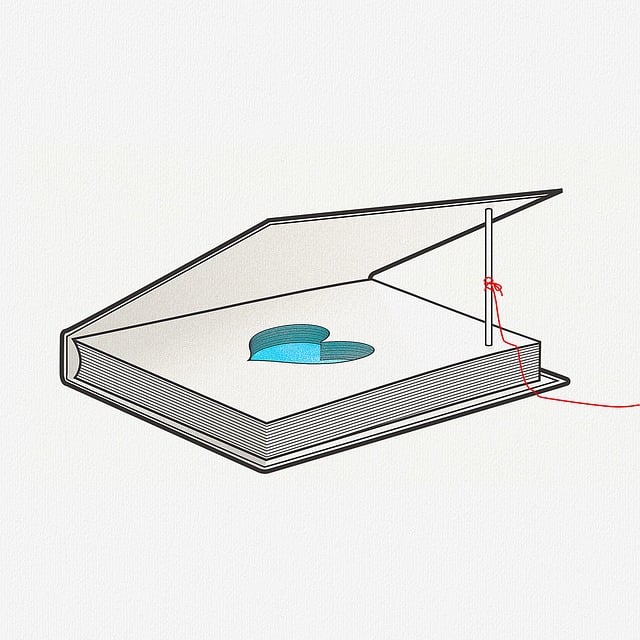In Oregon, the probate court manages and oversees the distribution of a deceased person's estate, ensuring legal requirements are met. The court facilitates estate administration, including asset collection, debt payment, taxation, and property distribution according to the will or state laws of intestate succession. Key steps in the Oregon probate process involve filing a petition, gathering assets, paying debts and taxes, and distributing remaining assets to beneficiaries. Understanding specific procedures, timelines, and appointments is crucial for successfully navigating the Oregon estate process.
“Unraveling the Oregon Probate Process for Laypersons”
Understanding the complex world of probate can be daunting. This article serves as your comprehensive guide to navigating the Oregon probate process, breaking down its intricacies into simple steps. We’ll explore the role of the Oregon Probate Court and its jurisdiction, then walk you through initiating the process, gathering and administering the estate, and finally, distributing assets. By the end, you’ll have a clear grasp of what to expect during this significant life event.
- Understanding the Oregon Probate Court and Its Role
- – What is probate?
- – Jurisdiction of Oregon probate court
- Initiating the Oregon Probate Process
Understanding the Oregon Probate Court and Its Role

In Oregon, the probate court plays a pivotal role in managing and overseeing the process of distributing a deceased person’s estate. This court is responsible for ensuring that all legal requirements are met during what can be a complex and sensitive time for families. Understanding how the probate court operates within the Oregon probate process steps is crucial for laypersons navigating this process.
The probate court in Oregon facilitates the administration of an estate, which includes collecting and valuing assets, paying debts and taxes, and distributing the remaining property according to the deceased person’s wishes, as outlined in their will or, if there is none, through state laws of intestate succession. The court provides a structured framework for these proceedings, known as probate proceedings Oregon, ensuring transparency and accountability throughout the Oregon estate process. This timeline involves several steps, from the initial petition for probate to the eventual closure of the estate, providing a clear path for all involved parties.
– What is probate?

Probate is a legal process that’s often necessary when someone passes away, especially if they owned assets or property in their name. In Oregon, probate court oversees this process, ensuring that a deceased person’s wishes are respected and that their estate is distributed according to their will or state laws if they didn’t leave a will. Understanding the Oregon probate process steps involves navigating through probate court Oregon, where an executor (named in the will) or a court-appointed administrator manages the estate process.
This involves several probate proceedings Oregon, including filing a petition with the court, gathering and managing assets, paying debts and taxes, and ultimately distributing the remaining assets to beneficiaries as specified in the will or as per Oregon’s intestate succession laws if there is no valid will. The entire Oregon probate timeline can vary greatly depending on the complexity of the estate and the number of assets involved but generally, it’s a detailed and structured process aimed at ensuring fairness and legality in the handling of an individual’s affairs after their passing.
– Jurisdiction of Oregon probate court

The probate court in Oregon has jurisdiction over matters related to wills and estates, ensuring that these legal processes are handled fairly and consistently within the state. This court is responsible for overseeing the entire Oregon probate process steps, from the initial filing of a will to the distribution of an estate. Understanding probate in Oregon involves grasping the specific procedures and timelines outlined by the court, which can vary depending on the complexity of the estate.
Probate proceedings Oregon typically begin with a petition to administer the estate, followed by the appointment of an executor or personal representative. This individual is responsible for managing the assets, paying debts, and distributing the remainder according to the terms of the will. The Oregon probate timeline can vary, but it generally involves several stages, including identification and notification of heirs, valuation of assets, and court approval of the final distribution. Knowing these key aspects of the process empowers individuals to navigate the Oregon estate process with confidence and ensure their wishes are carried out as intended.
Initiating the Oregon Probate Process

Starting the Oregon probate process involves several key steps that can be confusing for laypersons. First, a petition is filed with the probate court in Oregon, typically by a named executor or personal representative of the deceased’s estate. This petition includes essential information about the decedent and details regarding the assets and liabilities of the estate. Once filed, the court will issue a unique case number and notify the necessary parties, such as beneficiaries and any interested heirs.
Understanding the Oregon probate timeline is crucial for navigating this process. After filing, the court will schedule an initial hearing, usually within 30 days, to appoint the executor and validate the will’s validity if contested. Subsequent proceedings may include asset valuation, distribution of assets to beneficiaries, and resolving any debts or taxes associated with the estate. The entire Oregon probate process can vary in duration depending on the complexity of the estate and the number of potential heirs involved.






